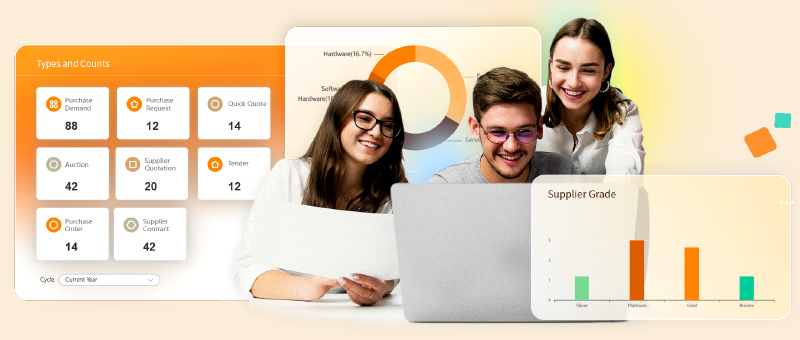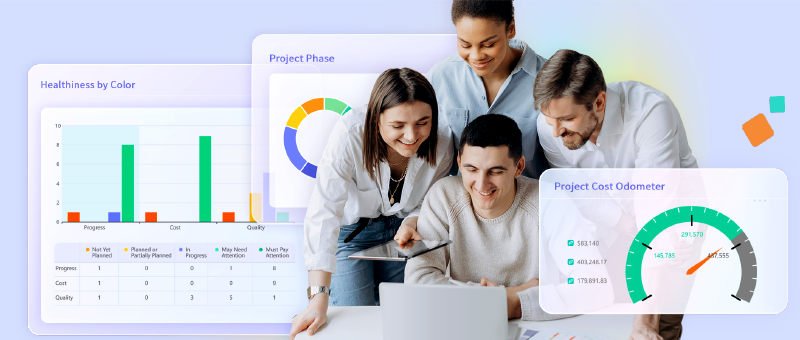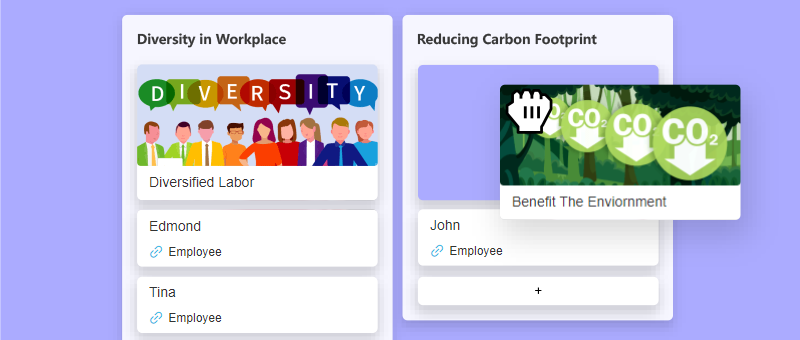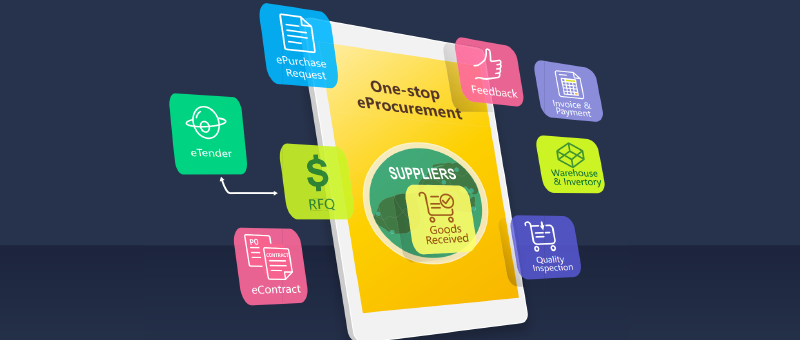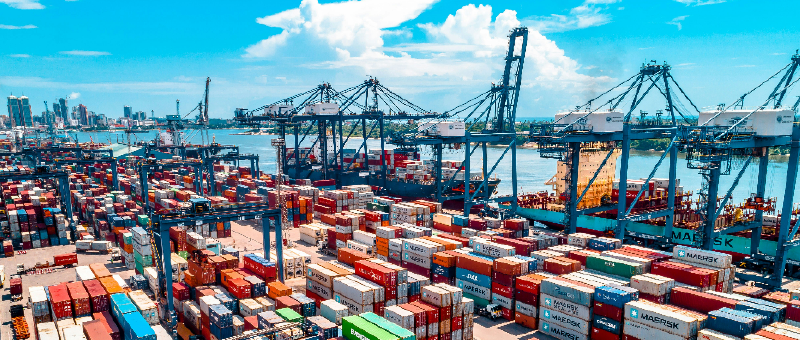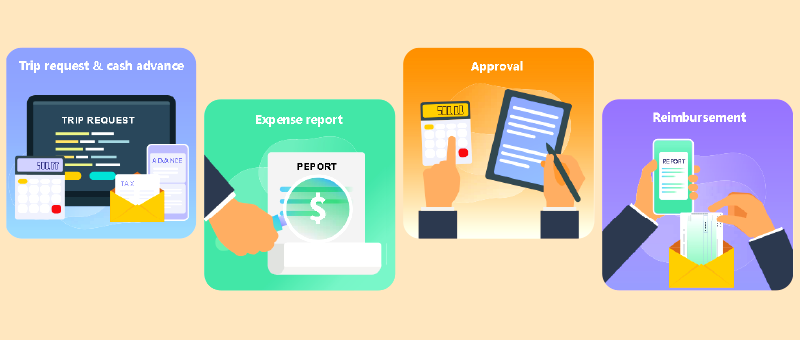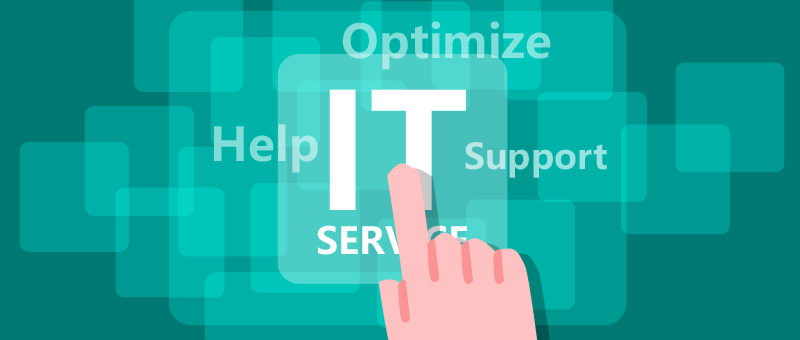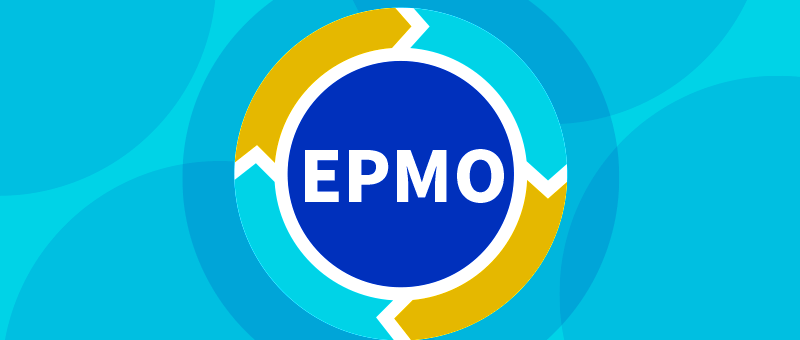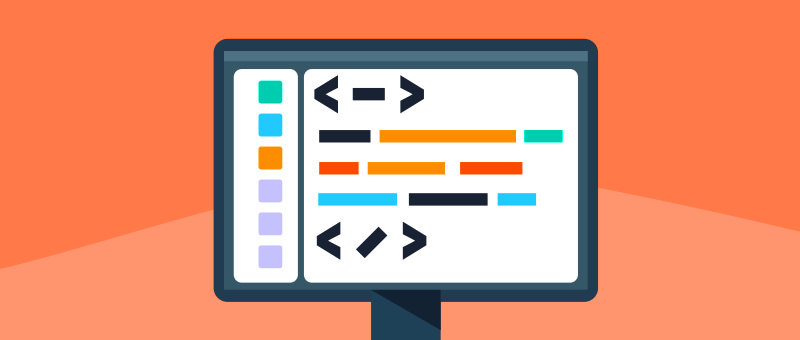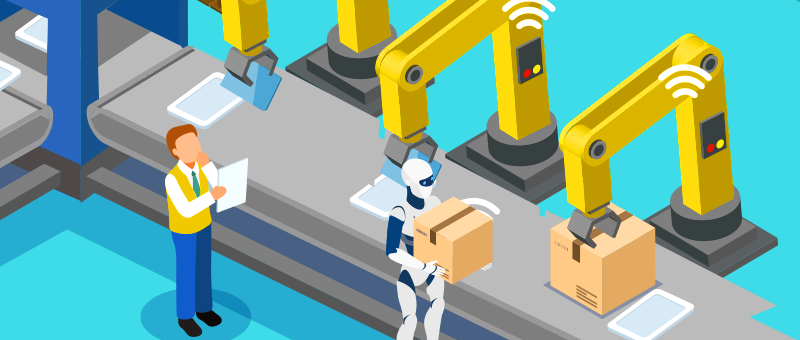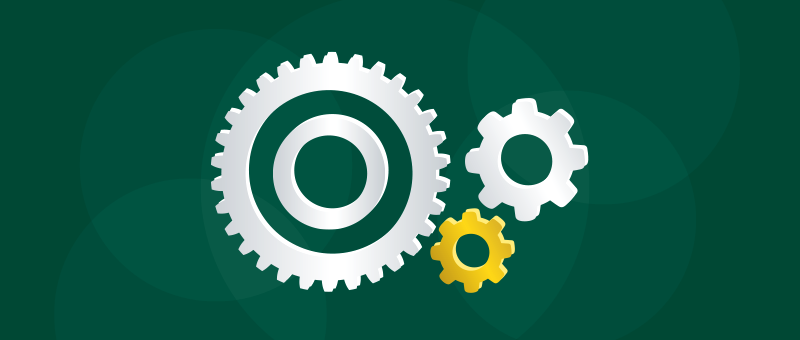Special News
Key Components of Project Management
2024-08-12
In the latest edition of the Project Management Body of Knowledge (PMBOK), project management is divided into ten knowledge areas. Understanding each of these areas will enhance your project management skills. The primary aspects of project management include:
1. Project Integration Management
Project Integration Management involves keeping the project cohesive and unified. This knowledge area applies to all five stages of a project—initiation, planning, execution, monitoring, and closing. It integrates processes and tasks into a project with clearly defined deliverables.

The seven processes involved in Project Integration Management are:
- Develop Project Charter
- Develop Project Management Plan
- Direct and Manage Project Work
- Manage Project Knowledge
- Monitor and Control Project Work
- Perform Integrated Change Control
- Close Project or Phase
2. Project Scope Management
Project Scope Management deals with defining and controlling what is included in the project. This ensures that everyone involved in the project clearly understands its goals and scope.
The six processes in Project Scope Management include:
- Plan Scope Management
- Collect Requirements
- Define Scope
- Create Work Breakdown Structure (WBS)
- Validate Scope
- Control Scope
3. Project Schedule Management
Project Schedule Management is the process by which the project manager manages the timeline of a specific project. It involves using the necessary skills, tools, and techniques to ensure that all tasks related to the project goals are completed on time.
The six key processes in Project Schedule Management are:
- Plan Schedule Management
- Define Activities
- Sequence Activities
- Estimate Activity Durations
- Develop Schedule
- Control Schedule
4. Project Cost Management
Project Cost Management involves planning and controlling the project budget. This process includes activities such as estimating, budgeting, financing, funding, managing, and monitoring costs to ensure the project is completed within the approved budget.
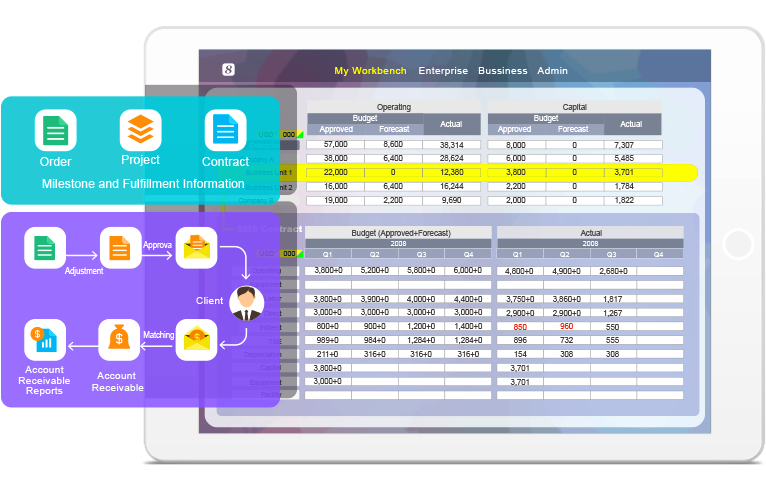
The processes in Project Cost Management include:
- Plan Cost Management
- Estimate Costs
- Determine Budget
- Control Costs
5. Project Quality Management
Project Quality Management determines the standards that define the value of the project. The project must always meet the quality standards set at the beginning, ensuring that it satisfies stakeholder needs.
The three processes in Project Quality Management are:
- Plan Quality Management
- Manage Quality
- Control Quality
6. Project Resource Management
Resources are the backbone of a project, whether in terms of human capabilities or overall work planning. Tasks in this knowledge area are distributed across the planning, execution, and monitoring and controlling phases.
The processes in Project Resource Management include:
- Plan Resource Management
- Estimate Activity Resources
- Acquire Resources
- Develop Team
- Manage Team
- Control Resources
7. Project Communication Management
Effective communication ensures that all team members are on the same page. Communication between the project manager, team members, and stakeholders is critical, as poor communication can negatively impact the project.
The three processes in Project Communication Management are:
- Plan Communications Management
- Manage Communications
- Monitor Communications
8. Project Risk Management
In Project Risk Management, the project manager identifies potential risks and works to avoid or mitigate them. Once the project is underway, they should address risks promptly.
The seven processes in Project Risk Management are:
- Plan Risk Management
- Identify Risks
- Perform Qualitative Risk Analysis
- Perform Quantitative Risk Analysis
- Plan Risk Responses
- Implement Risk Responses
- Monitor Risks
9. Project Procurement Management
Procurement Management involves acquiring products, services, or results from outside the project team. While not always necessary for every project, it is a common process in many projects.
The processes in Project Procurement Management include:
- Plan Procurement Management
- Conduct Procurements
- Control Procurements
10. Project Stakeholder Management
Stakeholders play a crucial role in determining the success or failure of a project. They decide what changes are necessary to meet their needs. If stakeholders are not engaged from the beginning, changes requested later can hinder the projects quality and value.
The processes in Project Stakeholder Management include:
- Identify Stakeholders
- Plan Stakeholder Engagement
- Manage Stakeholder Engagement
- Monitor Stakeholder Engagement
Final Thoughts
The knowledge areas of project management translate practices into action, but the process can be chaotic and complex. This is why project managers need tools to help manage their projects effectively. 8Manage PM is a comprehensive project management software that integrates ten project management modules. It features real-time audit trails and unique data integrity capabilities, enabling effective tracking and monitoring of project progress, costs, resources, performance, and risks, thereby enhancing your overall project management efficiency.
Most popular

How IPD drives product R&D toward commercial success

Top procurement management systems to elevate your business in 2025

Are your project managers ready for AI?
Related articles
How project management software tackles predecessor dependency delays and boosts R&D efficiency
2025-03-06
How to choose project management software for the entire project life cycle?
2025-03-04
Top 5 project management tools for banking and finance firms in 2025
2025-02-19
2025 Best team project management software: Top picks by category
2025-02-06
Top 5 project timesheet management systems: A comprehensive comparison
2025-01-22
Previous Article >
What is an e-Tendering System?
What is an e-Tendering System?
Next Article >
8Manage PM: Your Solution for IT Project Efficiency
8Manage PM: Your Solution for IT Project Efficiency






















